Late April is the time to celebrate Earth Day and bring more mindfulness about the way our actions can impact our home on this marvelous blue planet, and the flora and fauna we share it with.
I started my business, Chef Veggie Personal Chef Services on Earth Day 2008! I can’t believe it has been over 10 years and I actually feel encouraged by the shifts people are making in their lives.
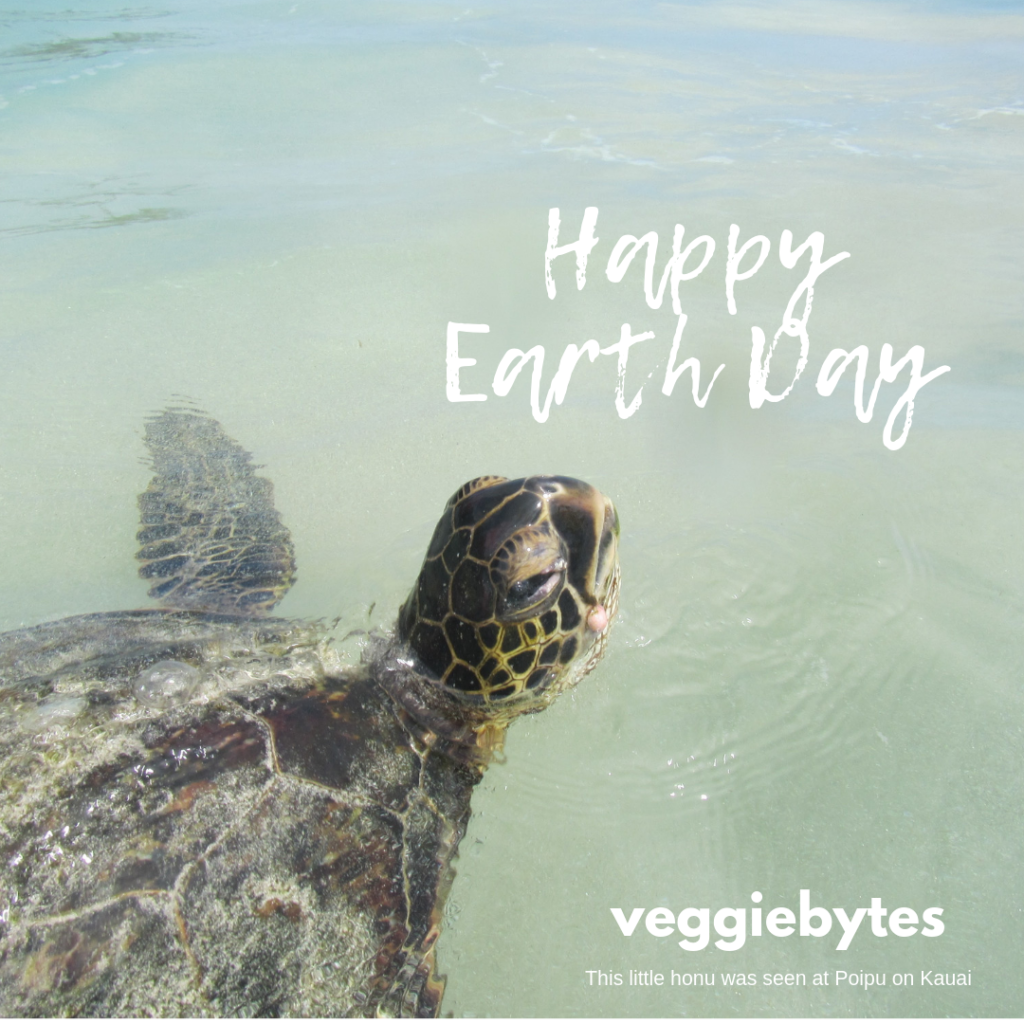
Here are some easy ways to be more mindful of how we eat, shop, and clean up after our time in the kitchen.
1. Eliminate/Reduce Animal Products
Raising animals to eat creates a whole slew of environmental problems including air and water pollution, methane and greenhouse gas production, deforestation, antibiotic use, growing feed that often times requires herbicides and pesticides, habitat destruction, wildlife loss, and increased water consumption. Eating seafood and fish contributes to overfishing and water pollution from aquatic farms. A staggering amount of plastic pollution in the ocean is actually from old fishing nets! If you feel you cannot give up animal products, try to severely limit your consumption, raise your own or find a local farm that you can visit. Eating a plant-based diet is a more environmentally friendly lifestyle, especially when it focuses on seasonal, whole foods. Mother Earth, the animals and I thank you!
2. Eat Locally/Seasonally
To lessen the environmental cost of transport, support your local food system. Your local farms and food producers will appreciate you and you’ll get some of the freshest produce and fruit available. Your local farmer’s market holds a beautiful bounty with no extra packaging! Many farms make it easy for you to get the best delivered right to your door via their CSA (Community Supported Agriculture) programs. In Austin, I really like Johnson’s Backyard Garden.
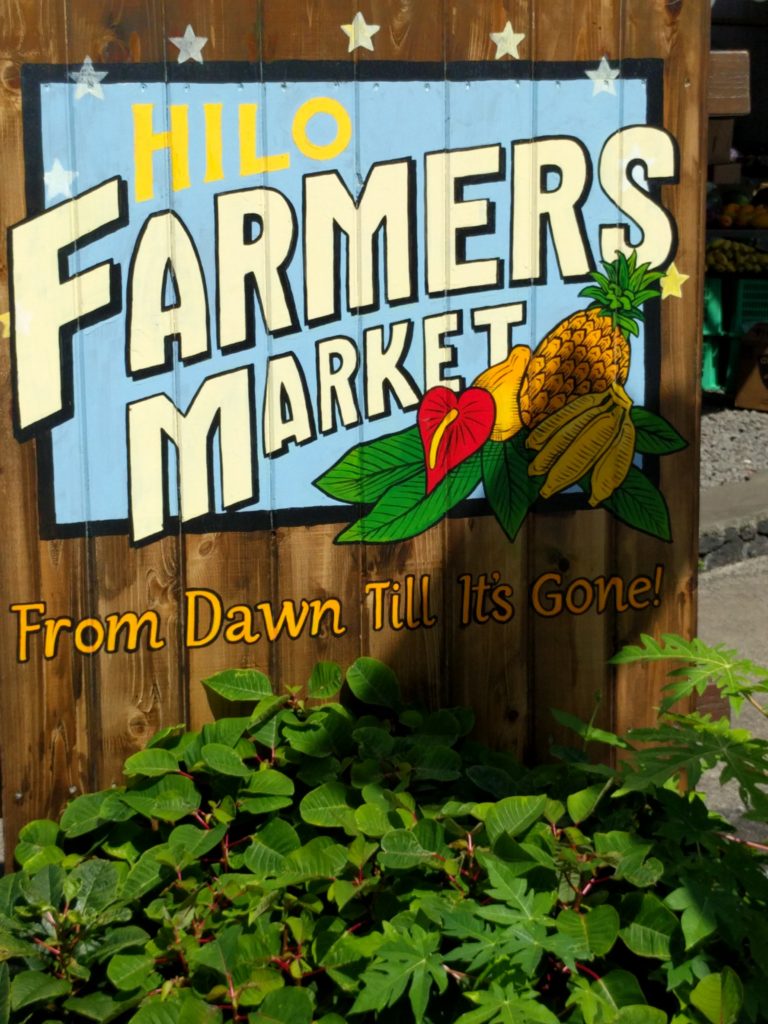
3. Buy Food Without Plastic Packaging
I like the latest vegan foods as much as any plant-based eater. Seeing new snacks and substitutes that come out can be exciting!
Unfortunately, most of these items are highly processed and come packaged in plastic. We know that this plastic is not going to break down for hundreds of years and may even end up in the ocean to hurt aquatic life. So even if you are plant-based, your environmental impact is definitely still there by the use of plastic. Try to limit your consumption of foods in plastic and ask producers to look for the latest ways to eliminate it in their packaging. Buy condiments, sauces, tomato products, salsa, and fermented finds in glass. Pasta can be packaged in cardboard. Jovial Foods even makes their box windows home compostable. Buy your whole grains, nuts, and seeds in bulk using your own bags/jars. Wheatsville Coop has non-plastic alternatives when you buy in bulk.
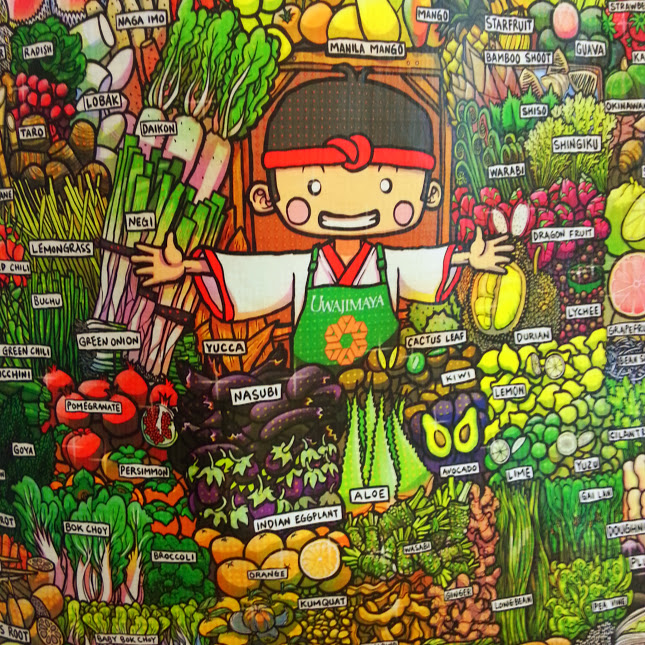
Bring your own bags to the grocery store and don’t put all your produce in the single-use bags. There are reusable produce bags available or you can even just put them in the cart and wash them well when you get home.
4. Filter Water At Your Tap
When you buy single-use bottled water, it may just be tap water! If you want to have clean water for drinking and cooking, get an under-the-sink water filter. It doesn’t even need to be reverse osmosis. A solid-carbon block filter will eliminate most pollutants and heavy metals. I have had a Multi-Pure Water Filter for almost 20 years. My soups, kombucha, and anything made with lots of water can be chlorine free. It makes it easy to bring filtered water with me in my reusable water bottle everywhere I go.
5. Pressure Cook
You may have heard of the Instant Pot or even have one! Pressure cooking is a great way to reduce the amount of electricity or gas for cooking. I always use my pressure cookers to cook grains, beans, soups, and stews, at home and for my clients. Another great benefit is that since they cook faster and more thoroughly, you can get meals on the table faster and with less time waiting by the stove. Cooking at home with local ingredients will save on transportation costs of eating out and you have more control of what goes into your meals.
6. Make Your Own Non-Dairy Milks
Most non-dairy milk comes in packaging that is not recyclable. One non-dairy alternative is hemp milk. You can buy hemp seeds in bulk and blend with water to make creamy milk that you can store in glass. No nut bag required! Cashew milk can be made the same way if you soak the nuts for several hours beforehand. Coconut milk and almond milk are easy to make as well. Save the pulp to make cookies or crackers!
7. Grow A Garden and Sprouts
The most local and seasonal foods will come from you! Think about making part of your yard a garden. There are so many ways to do it. Keyhole gardening or square foot gardening are great ways to get started. Some simple things for beginners to grow are herbs that are right for the season and radishes. In Texas, the easiest times will be the spring and fall.
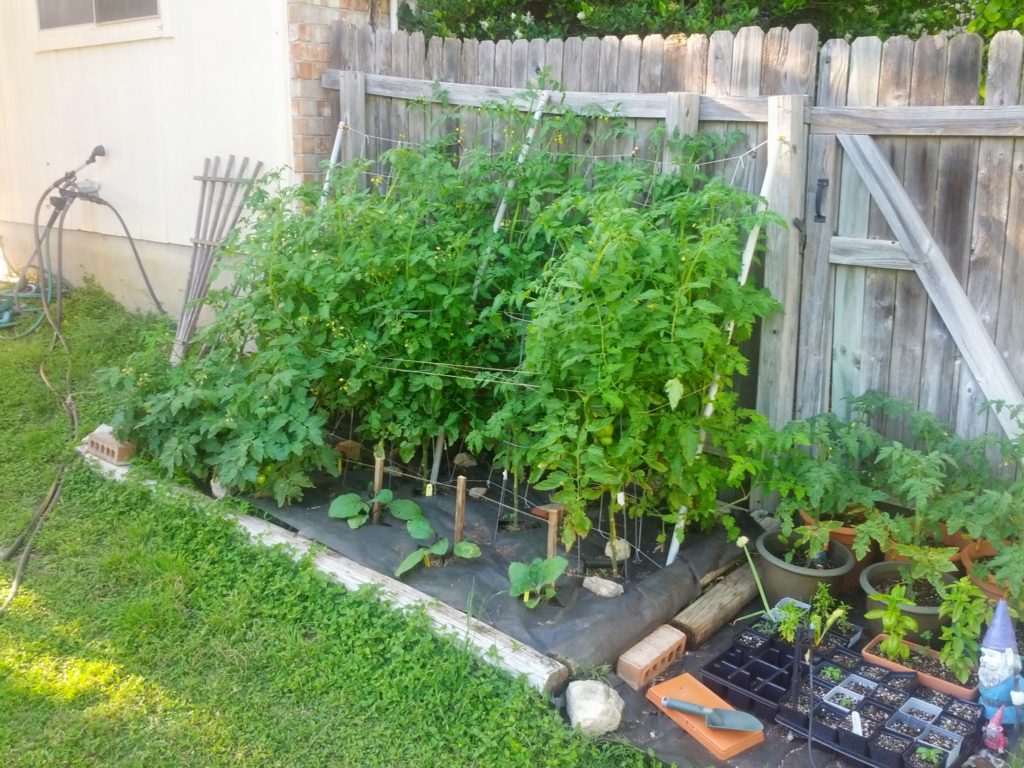
Even if you aren’t able to grow a garden, sprouts are something anyone can do to make some of their own food. Sprouts are also some of the most nutritious green foods on the planet. All it takes is a glass jar with ring lid and a stainless steel mesh insert. Soak your organic seeds for 8 hours, then rinse and drain. Over the next couple of days, they will sprout and grow. Just rinse a few times a day and then enjoy the harvest in your kitchen. My favorites are broccoli sprouts and mung bean sprouts.
8. Home Storage
Eliminate your need for Ziploc bags and other plastic containers. There are so many ways to store homemade items and leftovers in the fridge and freezer. I am loving all of the silicone bags and containers that you can find nowadays. Pyrex glass has been a great reliable storage solution for a long time and I use it when I package up food for clients in my personal chef service. Pyrex even has glass and silicone lids to replace the plastic lids that may have cracked or warped. Other packaging solutions are mason jars, Weck jars, wax paper, cloth wraps, stainless steel containers and tiffins, ceramic containers and more.
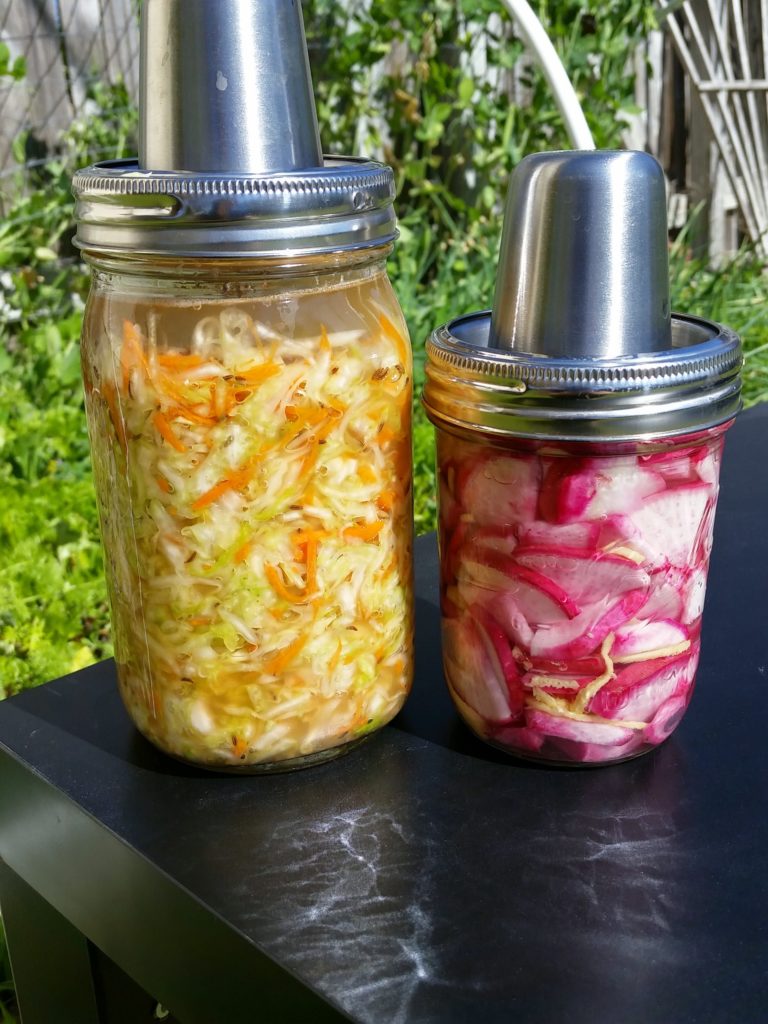
9. Eliminate Food Waste & Compost
Food waste is a serious issue. Farms, grocery stores, restaurants, and homes throw away a lot of biodegradable food waste and much of this ends up in landfills. Produce that isn’t ripe or even just a little weirdly shaped can still be eaten by people or fed to animals. Imperfect Produce is helping get funny carrots into people’s homes. An organization that I support that has chapters in many cities, Food Not Bombs, takes food from grocery stores that isn’t in perfect condition and makes delicious vegan meals for the homeless. In Austin, Food Not Bombs is supported by grocery stores like Whole Foods and Wheatsville and delivers meals near downtown. Let me know if you want volunteer details!
More restaurants are giving their food scraps and waste to composting businesses like Joe’s Organics or Break It Down. You can compost at home with a backyard unit or take advantage of the green composting bin that some cities provide. Austin has a curbside composting program! I keep a stainless steel composting bucket under my sink with a compostable green bag inside and empty it into my home composter every day. It’s an easy habit that will make a nutrient-rich soil amendment for your garden and keep food out of the landfill.
10. Biodegradable Cleaners & Sink Helpers
I haven’t used a synthetic sponge in 5 years! Here’s how I clean my dishes, pots, and pans! I use natural bristle scrubbers, a bamboo scraper, hand-knit dishcloths made of either cotton or hemp, Swedish dishcloths, and a copper scrubber. Flour sack towels and the Turkish cotton towels from Trader Joe’s are my favorites. Don’t buy microfiber towels and cloths because they are made of plastic and retain odors.
I buy a big jug of dishwashing liquid and use Dr. Bronner’s as hand soap and both are filled into glass containers. For disinfecting, I make my own spray with either DoTerra OnGuard essential oil or Young Living’s Thieves oil. Peppermint essential oil also makes a kitchen smell fresh.
You can make a vegetable cleaner/rinse with just water and vinegar. My next sink goal is to switch to a kitchen soap bar instead of liquid dish soap for washing my wooden spoons, bamboo cutting boards and other items that need to be hand washed.
Using your dishwasher is the most environmentally friendly way to wash. Scrape off all of the food instead of rinsing. Not eating animal products eliminates the chance of egg or cheese stuck on your dishes!
I like If You Care Dishwashing Tablets – they are in plastic-free packaging!
If you ever feel overwhelmed by what is happening to our planet, just focus on one change you can make and do that. Feel happy about your changes and encourage others but don’t give into guilt, shame or blame. Every person who makes changes is sharing in a positive movement towards being more conscious. Have a Happy Earth Day!
Leave a Reply